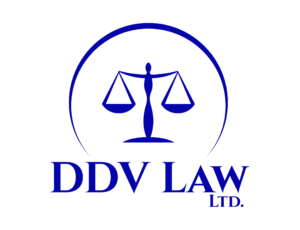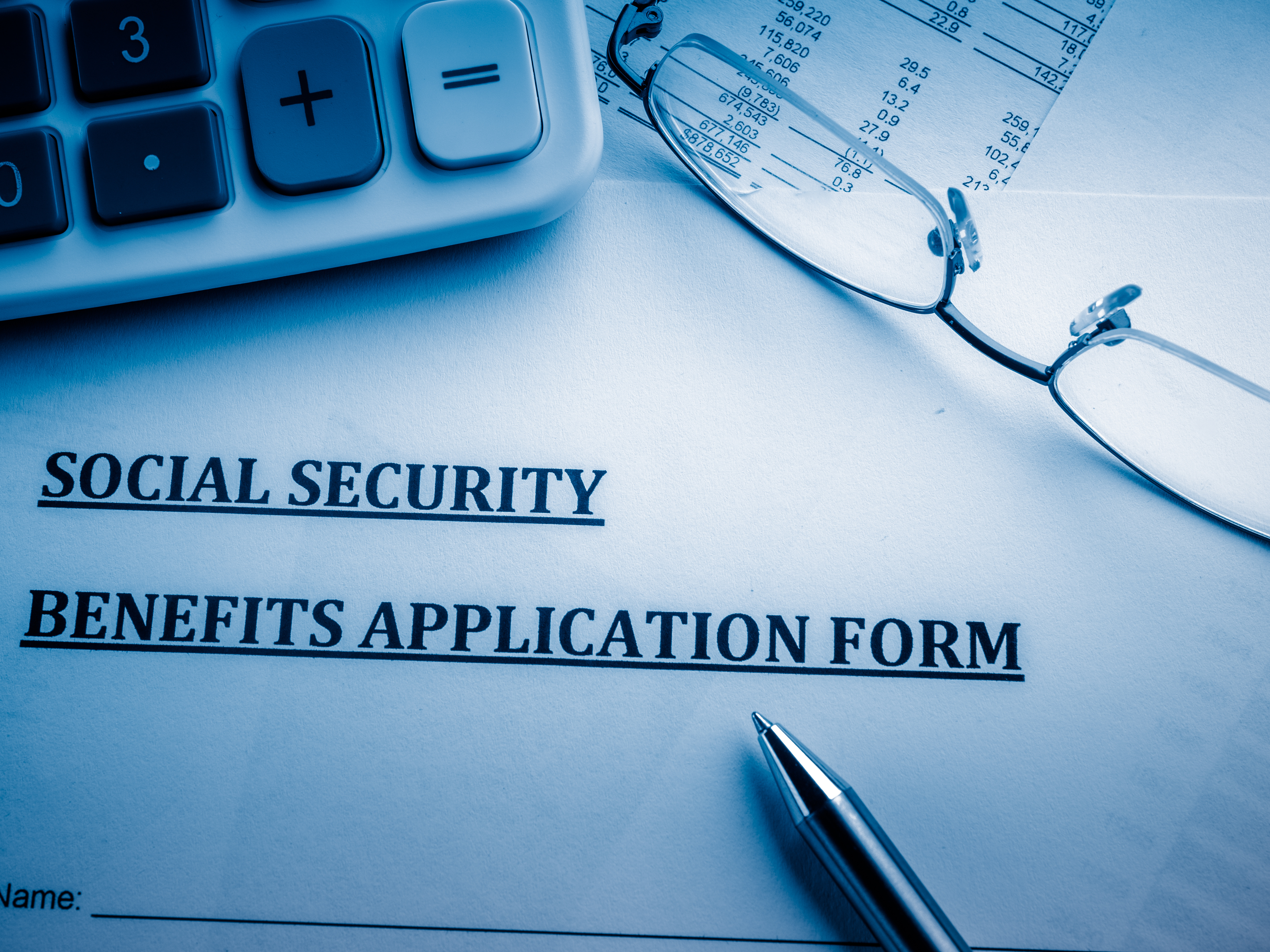In many situations, the answers to frequently asked questions about compensation settlements and Social Security Disability Insurance (SSDI) or Supplemental Security Income (SSI) monthly benefits that you receive or whether or not you should pursue both SSDI and a personal injury claim simultaneously depend on where you are in your life. For both SSDI and SSI, there is a general short-term solution:
- SSDI – No, your personal injury settlement does not affect SSDI benefit payments.
- SSI – Yes, in general, SSI benefits are negatively affected by a personal injury settlement.
Both SSDI and SSI programs are under the Social Security Administration (SSA). Different eligibility requirements that fit different purposes are why personal injury settlements uniquely affect the two SSA programs. An SSDI program is an “earned benefit,” while an SSI program is “needs-based” for those individuals whose income and assets fall within a defined poverty range. Each benefit receives payments out of a different federal coffer.
Because a personal injury settlement can negatively affect SSI benefits for those with special financial needs and who are disabled, it is prudent to work with an attorney specializing in collecting these benefits before moving forward with a personal injury settlement. The SSA posts the SSI eligibility amounts for 2022 and includes a “monthly maximum federal amount of $841 for an eligible individual, $1,261 for an eligible individual with an eligible spouse, and $421 for an essential person.”
Exceeding these amounts will render you ineligible for SSI because financial hardship no longer exists. Additionally, because Medicaid benefits are financially need-based, you may be at risk of coverage reduction or losing it altogether. These two circumstances can lead to catastrophic loss of benefits for individuals with no access to private health care insurance or Medicare to cover costs of medical treatment, hospitalizations, and prescription drugs.
There are some legal solutions to avoid loss of SSI benefits via transferring the personal injury settlement funds into a special needs trust. This trust format can protect disabled individuals via a trustee who will manage the trust contents and pay expenses on their behalf. Because the individual does not have direct control over the trust, the SSA does not consider the personal injury settlement compensation affecting SSI eligibility. In essence, it makes the personal injury settlement monies in the special needs trust no longer countable under Medicaid’s rules. There are strict compliance measures regarding these trusts and the disbursements of their assets, so it is essential to consult an experienced attorney to create your special needs trust.
Your qualified attorney can help you understand your personal injury case’s potential worth and how the two program forms, SSDI and SSI, may interact. Your attorney can determine a monthly calculation for a potential personal injury settlement and compare that to the Social Security monthly benefit amount to see where you stand financially.
You must report all personal injury settlements to SSI and Medicaid because your income and assets determine your program benefits, so they must know how much of a settlement you receive. Current rules state you should report your personal injury settlement amount to the SSA within ten days of receiving it.
Key Takeaways
If you receive SSDI benefits –
- Your personal injury settlement will not affect your SSDI benefits
- You do not have to report your SSDI settlement to the SAA
- Existing SSDI benefits may limit the terms of a personal injury settlement
If you receive SSI benefits –
- Your personal injury settlement will cause either a reduction or termination of your SSI monthly benefits through the SSA
- You must report any personal injury settlement amount to the SSA
- A special needs trust may be able to protect your personal injury settlement without affecting your SSI benefits
Finally, if your SSDI benefits are on the higher end of compensation, you may wonder if it is worth pursuing a personal injury claim. Personal injury settlements are no guarantee; however, in some circumstances, a large settlement will mean a significantly higher payment value than SSDI. Settlement negotiations for personal injury cases may include compensation for losses and damages that SSDI cannot cover like:
- Medical expenses and future medical costs
- Nursing home care or skilled at-home care
- Pain and suffering
- Mental anguish
- Lost wages and future earnings
- Quality of life changes
Extensive rules govern the SSA programs SSI and SSDI. It is difficult to know what to do when facing additional income stemming from a personal injury settlement. Hiring an experienced attorney to navigate the complexities to protect your benefits and receive the full and fair compensation you deserve from a personal injury settlement is in your best interest.
When you are ready to take the next step, contact our Chicago area offices by calling 312-878-0155. We have three convenient locations to assist you.

